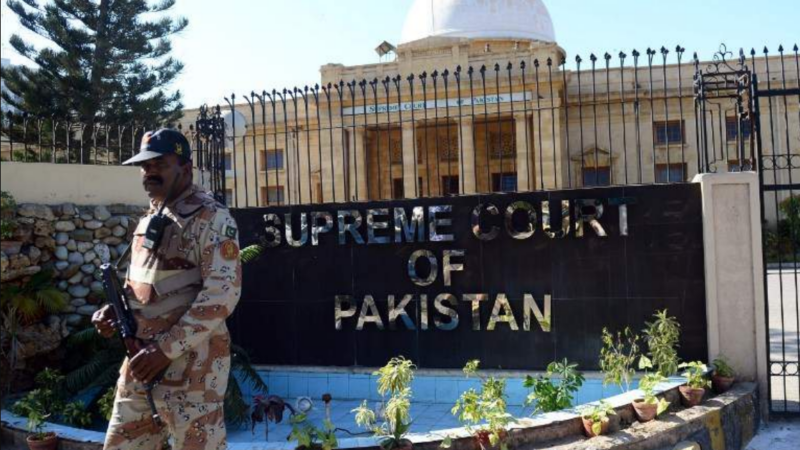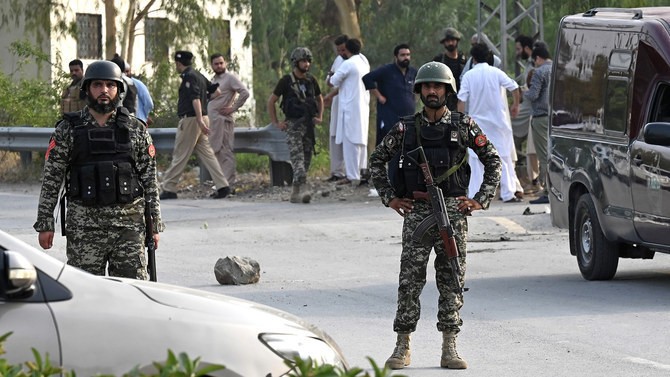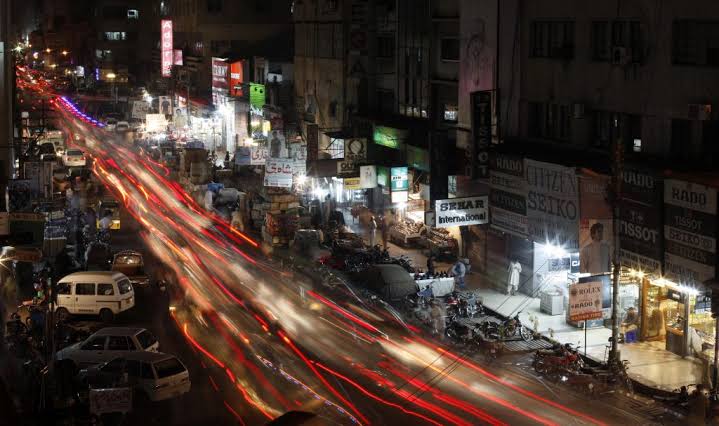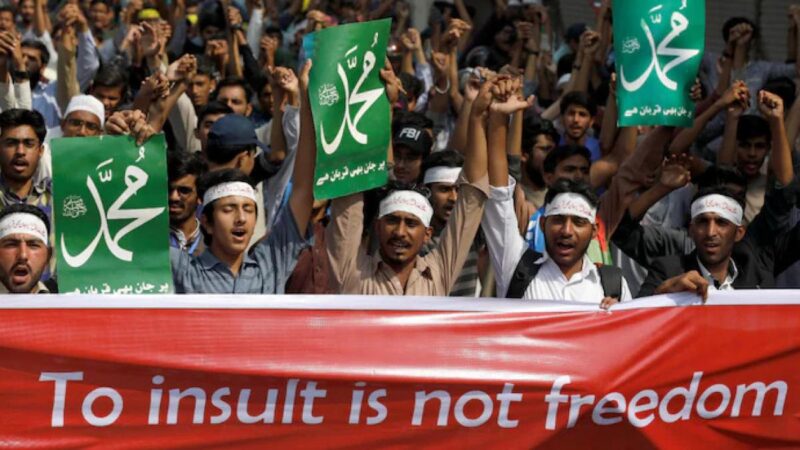stable China and Pakistan
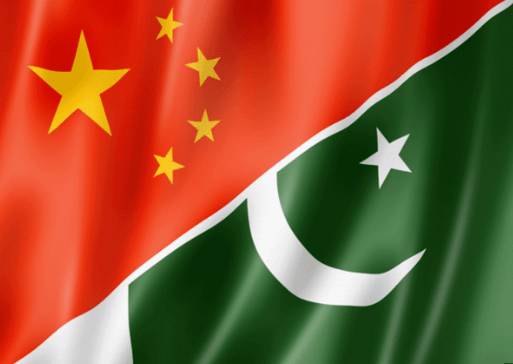
Since Pakistan and China have such a tight connection, Pakistan has become much more stable. China has made significant investments in Pakistan’s industrial zones, energy projects, and infrastructural expansion. Locals now have more employment options because to the increasing economic activity, which has brought about stability. Pakistan has received assistance from China in reducing terrorism and enhancing border security. This has contributed to the country’s continued stability. China has consistently backed Pakistan at international fora, aiding Pakistan in upholding its independence and stability. The Pakistani armed forces have benefited from considerable military assistance and training from China, which has increased their capacity to protect their nation’s sovereignty. Overall, Pakistan’s stability has greatly benefited from the close ties between Pakistan and China, which have strengthened Pakistan’s military, political, cultural, and economic aspects. If we go back in time, the two nations have had a partnership for 72 years. It is believed that the relationship between Pakistan and China is stronger than honey, deeper than the sea, and higher than the Himalayas. India, Pakistan’s other neighbor, is also growing economically, and Bangladesh is expanding in an unexpected way, but Pakistan has continued to do well economically and was once the most rich nation in both South Asia and East Asia. Pakistan was used as an example since it was once thought of as a powerhouse in Asia, but now the neighboring nations that we have been assisting are far ahead of us. Today, however, things are different. China has emerged as a major economic force, India has risen to the fifth-largest economy in the world, and Bangladesh has overtaken India as the second-largest economy in South Asia. The only nations in South Asia that can be regarded to be behind Pakistan are Sri Lanka, Nepal, and Afghanistan. However, the Pakistani rupee has also lost ground against Sri Lanka and Nepal when compared to the dollar. As I said in the outset of the piece, China has played a significant role in strengthening Pakistan’s defense and security. The key to China’s progress lies in its economic growth, which has continued to grow despite conflicts with the United States and India. China buys more than $500 billion worth of goods from the United States alone every year. Comparatively, China’s yearly trade volume with Pakistan, with whom it maintains close ties, is 23 billion dollars, as opposed to China’s trading volume with India, which exceeds 100 billion dollars.
On May 22, 2013, the CPEC Pakistan China Economic Corridor’s foundation stone was laid. The China-Pakistan Economic Corridor, which was created as a consequence of the Belt and Road Initiative, will celebrate its 10th anniversary in 2023. For Pakistan’s socioeconomic development, CPEC has emerged as a lifeline and a game-changer under the strategic direction of both nations’ leaders. The construction of an integrated infrastructure for commercial activity is the primary goal of the China-Pakistan Corridor project. In addition, China’s One Belt Road Initiative is a game-changing initiative that will help to boost the global economy and end poverty. If the CPEC project in Pakistan is compared to the country’s economy, it is predicted that when the project is finished and business operations begin, the economy would grow quickly. This project, which made little progress under the previous administration, has now been ordered to go forward more quickly by the military and political leadership, and it has the potential to alter Pakistan’s future. China can play a significant influence in Pakistan’s stability because of the 72-year history of their connection and the economic challenges Pakistan is now facing. China was the first and first to provide help for loans, deposits, and rollovers this year when Pakistan was facing unprecedented financial and economic difficulties caused by a shortage of foreign currency reserves and trouble servicing external debt. Pakistan may attain political and economic stability if it works with China to fully complete the CPEC and associated projects.
The deal with the IMF has been delayed because of Pakistan’s serious economic issues and the ongoing depreciation of the currency.
Economic analysts assert that if the IMF installment is delayed under this circumstances, the economic crisis would deteriorate, despite the fact that Pakistan’s Finance Minister Ishaq Dar has once again vehemently denied rumors of the country defaulting. China is a friend of Pakistan and can help Pakistan out of problems, therefore if an agreement with the IMF cannot be reached, Pakistan will need to work with China to develop a strategy for economic stability.

